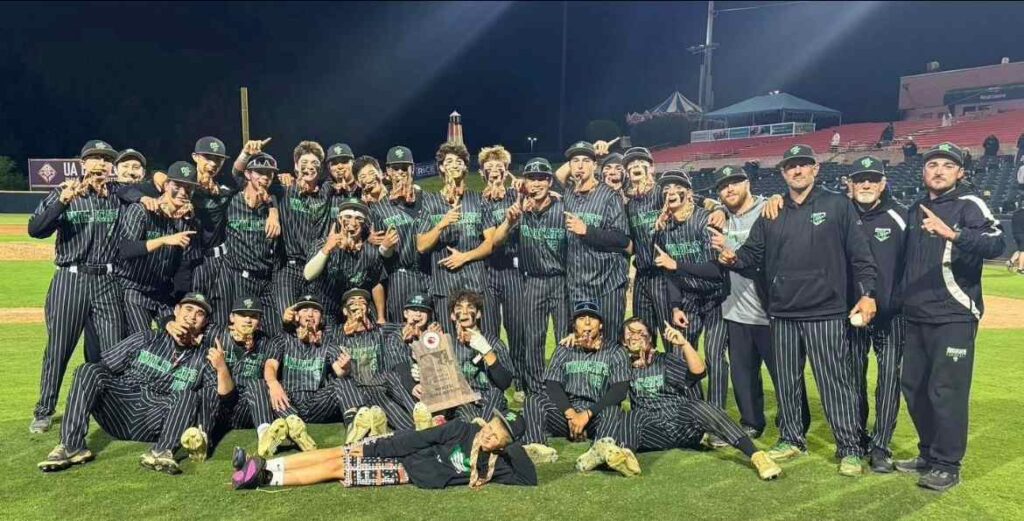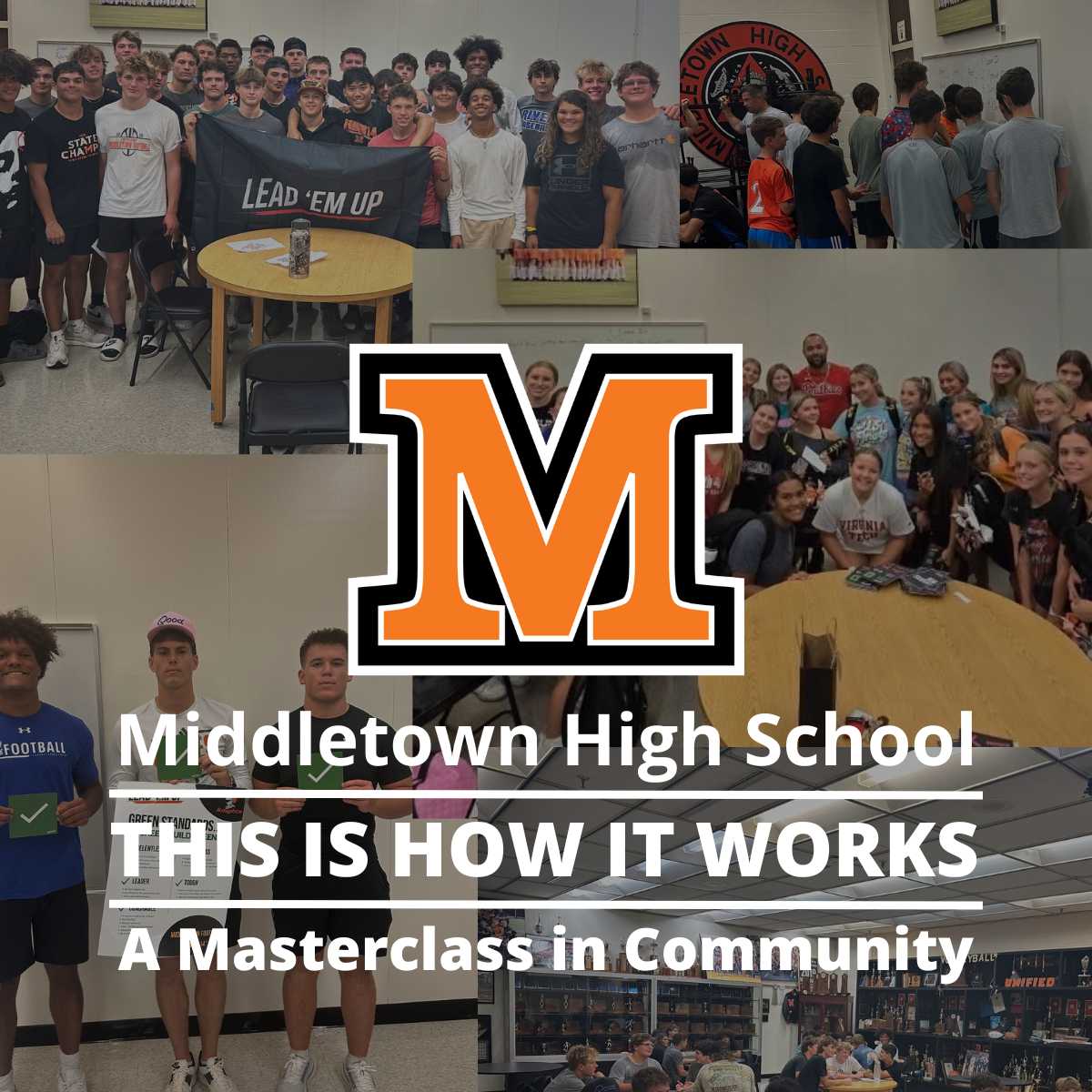Home / Blog / Spotllight /

For ten years, Lead ‘Em Up has been a cornerstone in developing not just athletes, but true leaders and cohesive teams. As we celebrate our 10-year anniversary, we’re looking back at some of the championship teams that exemplify the power of culture and leadership. Next up in our “Decade of Champions” series is the Walter Johnson baseball team, whose championship victory was more than just a trophy, it was a testament to the power of unwavering culture and intentional leadership, deeply influenced by Lead ‘Em Up. Their story offers valuable insights into effective high school baseball team leadership and what it takes to win a championship. For coach Steve Sutherland and his team, the answer wasn’t just talent. It was a unique culture of selflessness, trust, and a commitment to doing the “little things” that ultimately sealed their victory.
We sat down with Coach Sutherland and two of his players, Connor Mcgee and Nolan Ross, to get their take on what made this championship season so special.
A Championship Built on Selflessness and Small Ball
What does it take to win a championship? For coach Steve Sutherland and his team, the answer wasn’t just talent. It was a unique culture of selflessness, trust, and a commitment to doing the “little things” that ultimately sealed their victory.
We sat down with Coach Sutherland and two of his players, Connor Mcgee and Nolan Ross, to get their take on what made this championship season so special.
A Different Team Culture
Coach Sutherland knew this team was special. While he had other teams with maybe even more talent, he said this team’s closeness was on another level. “I think the closeness and bond that this team had was just at a different level than teams I have had in the past,” he shared.
He pointed to a core group of seven seniors who had been playing together since they were on a travel team in the summers. “The continuity and comfort of playing with each other for such a long period and the trust that was built helped immensely,” he said.
The players felt this difference, too. “Our team culture was unlike any other,” said Connor Mcgee. “We always were with each other, whether it was in the classroom, on the field, or even outside of school. Everyone has known each other for a very long time, which helped.”
Nolan Ross agreed, “The team culture was on another level that I hadn’t experienced in my previous three years.” He said there were no “cliques” and “everyone was together.”

The Gold Mine That Brought Them Closer
Both players highlighted the “Gold Mine” exercise from the Lead ‘Em Up program as a key part of their bond. This exercise paired up players who weren’t the closest and had them find things they had in common.
Connor remembered how the exercise brought people together. “This helped our team bond as it brought two people together who didn’t have the closest of relationships… and led them down a path of things they both like.”
Nolan recalled the “double clap” signal they used for a shared interest. He said that the game “really brought us to another level because it allowed us to understand each other fully and get closer to guys we didn’t necessarily know at the beginning of the year.”
Talent Isn’t Everything
When asked if they would have been as successful without a strong focus on culture, both the coach and players agreed that the answer was no.
“Sure, we had a talented team, but talent isn’t the only thing needed to win,” Connor said. He pointed out how important it was for younger players to step up in big moments and the support they got from the team. “As a sophomore on varsity, stepping into big moments can be very intimidating, but with the support and leadership of the team, those moments are less stressful.”
Coach Sutherland saw this selflessness differently, specifically in their willingness to play “small ball.” In a key semi-final game, the team was a perfect 4-for-4 in suicide squeeze attempts. “Learning to play small ball shows how much you are willing to be a team-first guy and not a big-time hit guy,” he said.
The Ultimate Act of Selflessness
For Coach Sutherland, the true mark of this team’s culture came from a moment that stood out more than any other. It was an act of leadership that perfectly showed the selflessness that defined their season.
“One moment that stood out was when one of our seniors told me that he would rather another senior start over him on senior night,” the coach shared. The player who made this decision was a first-team All-Met and Pitcher of the Year, a top player choosing to put his teammate’s experience ahead of his own. “This type of selflessness and care for our team is what you aim to have for a leader,” he said.
This story, along with the players’ experiences, serves as a powerful reminder that while talent can get you far, it’s the leadership, culture, and unwavering commitment to the team that builds a championship legacy.
Have fun and #LeadEmUp







